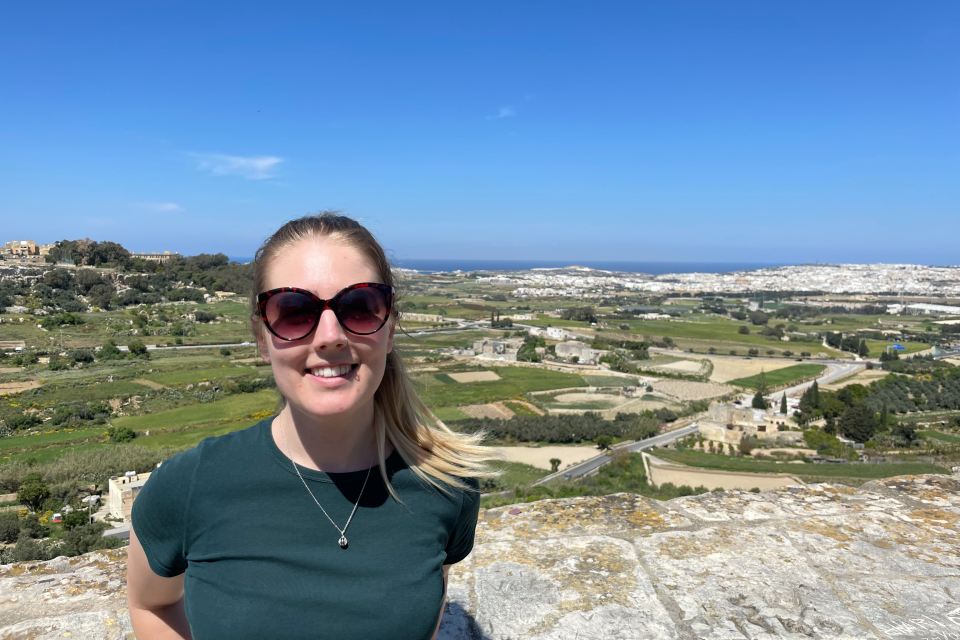In this blog, final year medical student Tash King shares a ‘day in the life’ completing a cardiology placement in the beautiful Mater Dei, Malta.
6:30am
Rise and shine: The day begins with an early start to make sure I have enough time to prepare myself for the day ahead. I need to make sure I eat a nourishing breakfast as the day can be fast-paced with minimal time for food.
After breakfast, I get into my scrubs and gather my things for the day. This includes my stethoscope, pen, notepad, and a genuine enthusiasm to learn. I leave the apartment at 7am.
7:30am
Pre-rounds: Mater Dei runs in firms. This means that the juniors come in early to prepare notes for their consultants’ patients before ward round. This is a great opportunity to get stuck in and integrate with the team by helping to write medical notes. You may need to ask to do this, as UK medical students are allowed to do a lot more than Maltese medical students.
Pre-rounds start at different times depending on which firm you are with, so make sure you ask your consultant when they want you to come in on your induction day.
8:00am
Morning meeting: Every day there is a morning meeting in the old library room, and each meeting has a different focus. They range from ECG teaching to MDT, imaging and managing complex cases. During this time, the teams discuss and review patient cases, as well as any relevant updates or changes to procedure.
8:30am
Once the morning meeting is done, it’s time for ward rounds. The consultants go to see their patients every day, alongside their juniors. A lot of the conversations between patients and doctors happen in Maltese, so I found that it was a good idea to befriend a Maltese medical or pharmacy student to help translate.
All medical notes are written in English, so you should be able to get an idea of what is going on with the patient from their notes. The juniors are very happy to help you with interpreting ECGs and ABGs when on ward rounds. These rounds provide an excellent opportunity to gain exposure to various medical conditions and witness the collaborative nature of healthcare.
9:00-9:30am
Clinics: Following ward rounds, there are many clinics that are available to attend. It’s best to check with the consultant you have been attached to what their schedule is and which specialist clinics they run. The one that I found the most interesting was the adult congenital heart defect clinic. I have never heard so many murmurs so clearly before.
There are also daily cardiology clinics as well as echocardiograms, stress tests and something fun going on in the Cath Lab that you can join. The Cath Lab is cold, so if you’re thinking of heading there, make sure you bring something to wear underneath your scrubs!
Lunch doesn’t really happen on placement here as doctors start early and finish early (this is why it’s important to have a good breakfast). Sometimes there are a few minutes in between patients where you can eat a sandwich or a snack.
2:00-3:00pm
Home time: As the doctors work through lunch to get through long patient lists, it also means they finish their days earlier than in the UK. It was great being able to leave in the afternoon so that I could go and explore the island and enjoy the sunshine.
